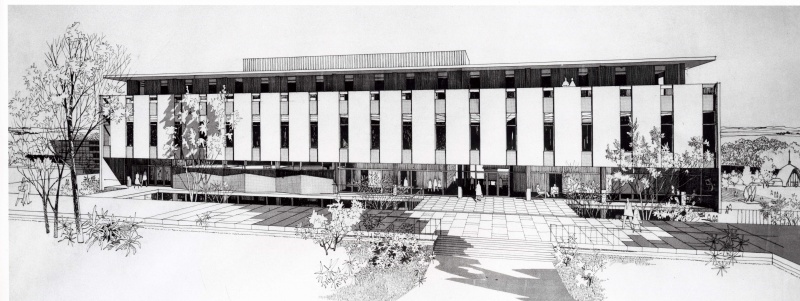PDF
Canadian Government decision-making and the commitments to the Somalia peace operations in 1992 Item Info
- Title:
- Canadian Government decision-making and the commitments to the Somalia peace operations in 1992
- Creator:
- Dawson, Grant
- Date Created:
- 2003
- Degree Awarded:
- Doctor of Philosophy
- Subjects:
- peacekeeping
- Geographical Focus:
- Canada Somalia
- Supporting Materials:
- n/a
- Description:
- This thesis is the first critical examination of the Canadian government’s decision-making in relation to its contributions of troops to the Somalia peace operations in 1992. An international assistance effort was mounted because all government in Somalia had collapsed, and the country was being ravaged by a mass famine, civil war and drought. Ottawa made three separate commitments. It joined a United Nations (UN) humanitarian airlift, a peacekeeping mission called the United Nations Operation in Somalia (UNOSOM), and a United States-led (US) peace enforcement coalition, the Unified Task Force (UNITAF). The thesis’s purpose is to determine why Canada got involved in the Somalia humanitarian crisis and internal war when it had no traditional interest at stake there. It seeks to answer three research questions: what interests did the government seek to advance by committing to the UN / US efforts; why did the UN mission run aground; and why did Canada and the intemational community move from peacekeeping in early 1992 to peace enforcement in late 1992? The main argument is that Prime Minister Brian Mulroney decided to contribute troops to UNOSOM and then UNITAF because the ‘media had called attention to the Somalia crisis and he was feeling pressure to engage. The government also sought to support Canada’s interest in multilateralism and, later, to smooth Canada-US ties.
Source
- Preferred Citation:
- Dawson, Grant. Canadian Government decision-making and the commitments to the Somalia peace operations in 1992. 2003. Carleton University, Doctor of Philosophy.
- Reference Link:
- https://cuhistory.github.io/grads/items/hist_171.html
Rights
- Rights:
- Copyright the author, all rights reserved, unless otherwise indicated.

